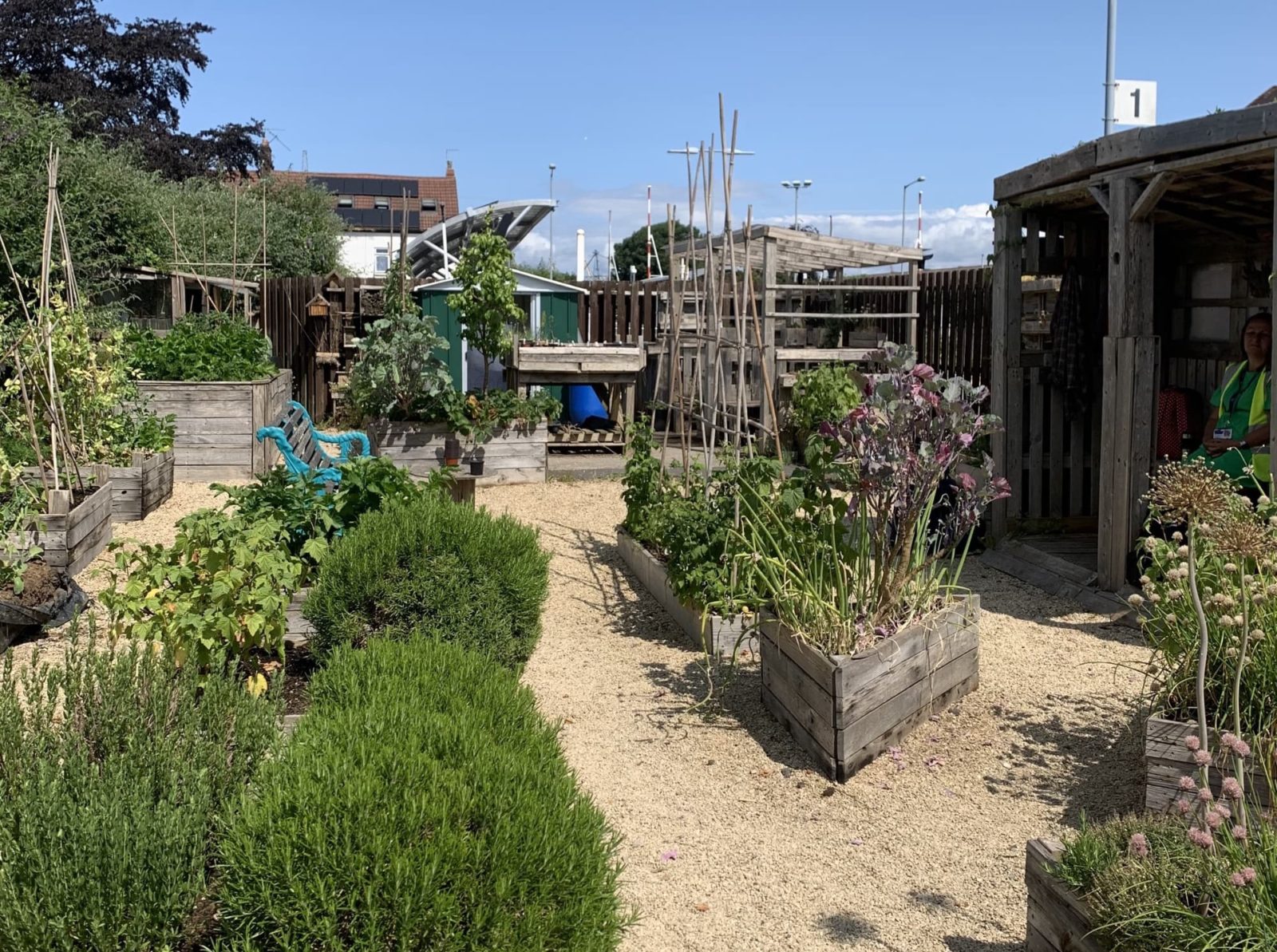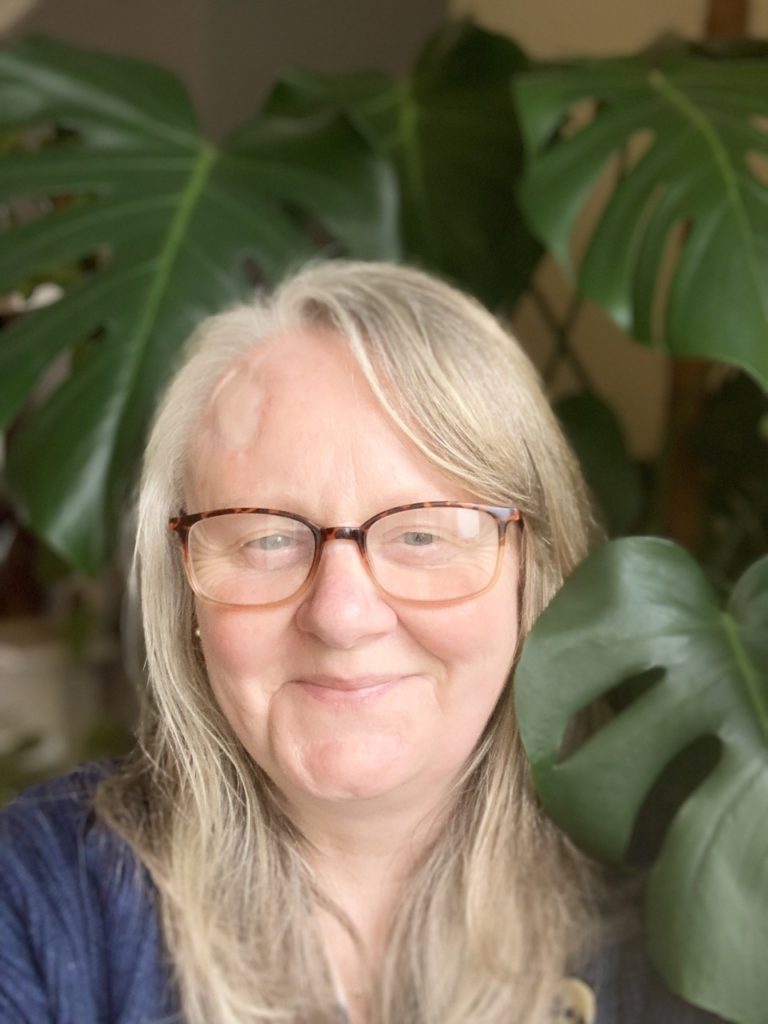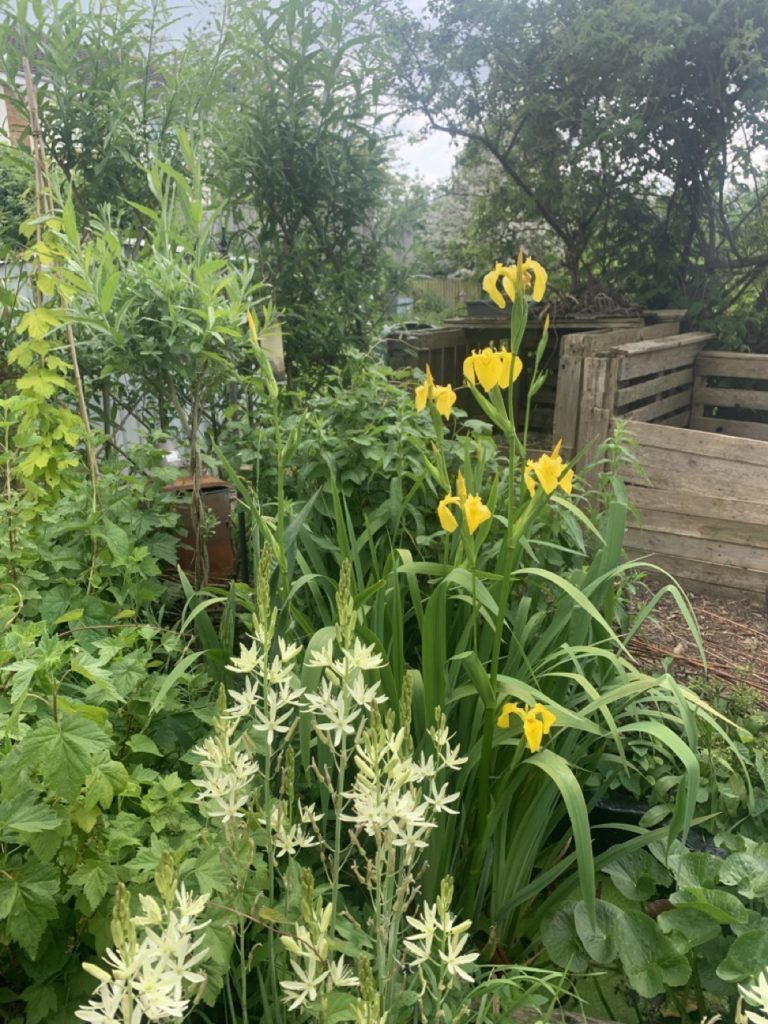How Sara Venn Launched Edible Bristol: Turning Unused Land Into Productive Spaces

Contributions From SARA VENN

Sara Venn is the founder and leader of Edible Bristol, an organisation set up to create edible gardens across the city of Bristol. With 60 gardens and counting, the project is still growing. Sara also has previous experience as a Horticulturist at various plant nurseries.
Since the age of three, Sara Venn has been growing her own plants.
This love of horticulture turned into a business venture in 2014, when Sara set up Edible Bristol, an organisation that aims to set up and maintain edible community gardens across the city.
Since then, she has gone on to create over 60 outdoor spaces for the community of Bristol, but she’s not finished yet.
I was lucky enough to speak to Sara myself.
How Did You Get Into Gardening?
“My next-door neighbour, who was my absolute hero, was a mad gardener,” says Sara.
“When I was 3 years old, just before my mum had my brother, he had me helping him grow some flowers in the garden. We grew sweet peas and the first cut of them, we gave to my mum after she came out of hospital.
“I have grown sweet peas every year since. I just became completely hooked by the fact that this tiny seed could produce such a beautiful flower.”
What Led You To A Career In Horticulture?
“If you’d said to me when I was 15 that I would have a career in horticulture, I would have laughed,” jokes Sara.

“I never really knew what career I wanted. I did a degree in Fine Arts at university, but as soon as I finished, I had my first child and fell into the hospitality industry.
“I wasn’t really enjoying my job, but I continued in the same career until I was around 25. Around that time, a colleague said to me: ‘All you do is talk about your garden, why don’t you go and pursue that?’.
“It never occurred to me until that moment that I could even do that.
I started doing my RHS Level 2 and at the same time, I wrote a letter to the closest nursery, begging them for a job – which they gave to me.
“The rest, as they say, is history.”
How Did Edible Bristol Begin?
“I moved to Bristol in 2013 for a job I ended up hating,” she explains. “I fell into doing some work at a local farm where I was gardening with people.
“I worked on a project with groups of mothers. Their love for the space they were tending really bought them together and I realised how much gardening can truly have an impact.
“I then became aware of urban agriculture and an idea started to percolate in my mind. Here we were, in Bristol – the green capital of England – yet there was so much land and space that wasn’t being utilised.

“I knew that sharing my skills and bringing people together for a shared cause could be something really worthwhile.
“In January 2014, I tweeted about my idea for Edible Bristol and the response was insane. We’ve been going since that first tweet and now we’re 60 gardens in!”
What Kind Of Work Do You Do With Edible Bristol?
“We don’t make gardens that we will then leave for other people to look after because that doesn’t work. We wait for people to come to us and ask for help with their ideas about unused land.
“Often, they aren’t sure where to start, so we support them through that journey and really listen to them. We spend quite a lot of time getting permission and doing co-designs with the community so that they get what they want but we can still maintain it.
“We also do a lot of teaching too and help to guide people on what edible plants will work best for them. We often encourage people to start off small before they try and become too ambitious.
“We focus on production and making spaces productive. We work a lot with local food banks to make sure the food is going to where it needs to.”
What Kind Of Crops Do You Grow?
“We are keen on finding crops that are culturally significant to people with access to our community spaces,” shares Sara.
“Somali Sage is incredibly popular in our gardens. It’s a beautiful plant and something that reminds people of home, as we have a large Somali community in Bristol.
“We grow a huge range of plants that will feed people and grow all the usual fruit trees, annual crops, herbs and perennial winter and summer vegetables.
What Does Gardening Mean To You?
“I come to gardening from an ecological perspective,” she says. “I was brought up by parents who were very aware of climate change, so my love for gardening goes alongside my love of nature.
“People often talk about how we used to garden and how we do it now, but I feel like I’ve been doing it the same my whole life.
“I’ve never dug anything up. Why would you, when you can pile a load of mulch around plants and let that do the work?
“For me, gardening is just what I do, it’s a part of me. The notion that I might not be able to garden is lost on me, which is ironic because I’m a renter, so I’ve never been guaranteed a garden!”
Do You Have Any Upcoming Projects?
“Bristol Food Justice Week is coming up, which is run by Feeding Bristol and is something worth having a look at. Whether you’re gardening as a community or on an allotment, if you have spare food you can give away, there are ways to get involved.
“We will also be hosting some winter talks online in the coming months, where we get amazing people in horticulture to come and talk to us about whatever they like.
“It’s open to anyone, you don’t have to live in Bristol. They are always really fun.”
You’ve Accomplished So Much. Do You Have Any Standout Moments?
“When I was back in the nursery world, working on gardens at RHS Flower Shows that got gold medals was a really special feeling.
“However, my real joy is gardening with people. Seeing people gradually come to realise how gardening can be the solution to so many problems is so special.
“It has the power to bring people from all backgrounds together.”
What Would You Say To Those Who Are Thinking Of Giving Gardening A Go?
“Just do it,” says Sara. “That seems really simplistic, but you don’t need a lot to get started.
“Find a local seed swap, get involved in what’s going on in your local community and you’ll be amazed at the help that comes along with it.”

